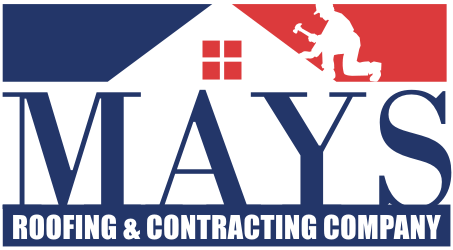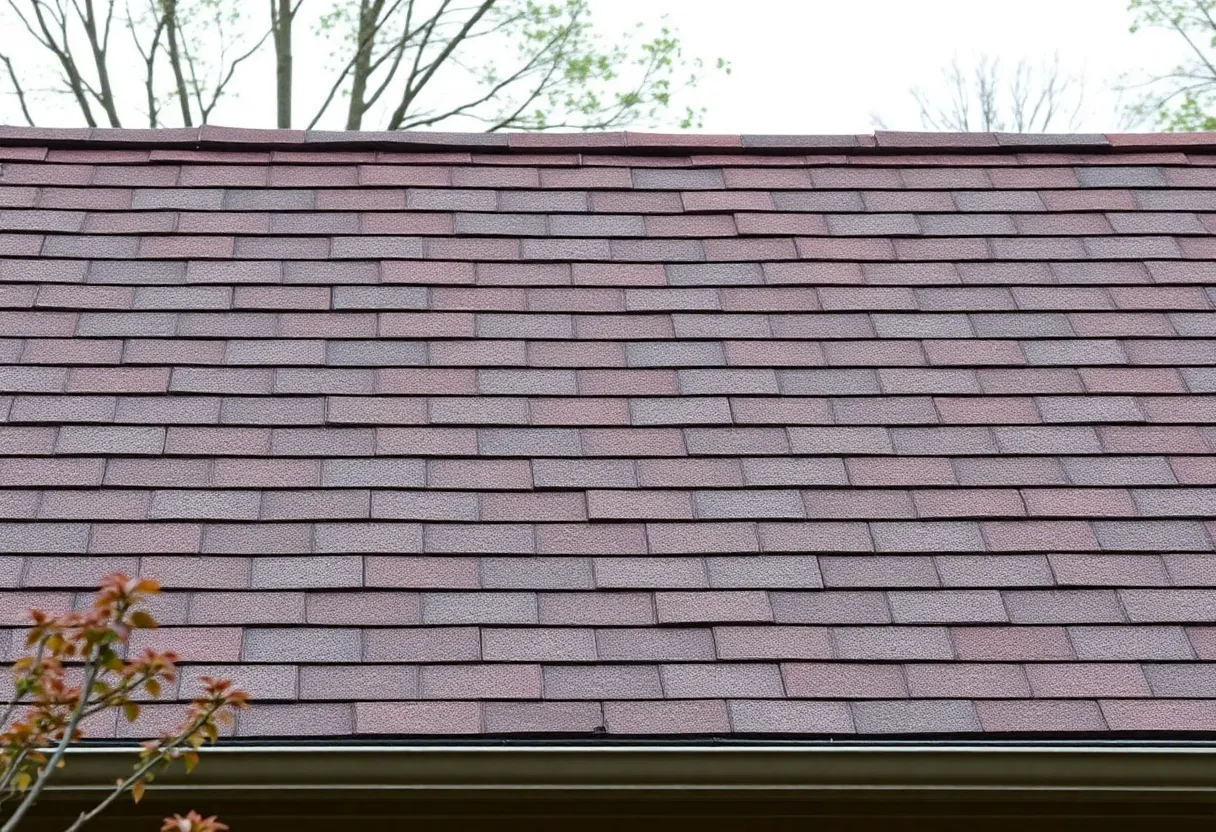How to Choose Between Roof Repair and Replacement: Key Factors to Consider
A roof is one of the most critical components of a home, providing shelter and protection from external elements. Over time, however, wear and tear are inevitable. Homeowners may face a dilemma: should they repair or replace their roof? Making this decision can be challenging, but considering several key factors can guide you through the process. Below, we will delve into important criteria to help you make an informed choice.
Assessing the Current Condition of the Roof
Age of the Roof
The first factor to evaluate is the age of the roof. Most roofing materials have a lifespan that varies significantly. For instance, asphalt shingles typically last around 20 to 30 years, while metal roofs may endure for 40 to 70 years. If your roof is near or beyond its expected lifespan, replacement is often the most prudent choice.
Extent of Damage
Next, assess the extent of the damage. Is it localized, such as a few shingles missing, or is it more widespread, involving significant sections of the roof? Minor issues such as small leaks or missing shingles may only warrant repairs. However, if the damage impacts multiple areas or structural integrity, replacement could be more appropriate.
Type of Roofing Material
It’s also essential to consider the roofing material and its condition. Some materials, such as slate or tile, may be worth repairing due to their longevity and high cost of replacement. In contrast, asphalt shingles are more affordable and easier to replace. Understanding the long-term benefits of each material can influence your decision.
Cost Considerations
Initial Financial Outlay
Financial implications are a significant factor in your decision. Repairs typically cost less upfront compared to a full replacement. However, they may lead to additional costs down the line if underlying issues persist. Assess your budget and compare the costs of repair versus replacement to determine what makes the most sense financially.
Long-term Value
While repairs may be cheaper initially, they should be weighed against long-term value. A new roof can significantly boost your home’s resale value and elevate its curb appeal. If you’re planning to sell your home soon, investing in a replacement might yield better returns.
Energy Efficiency and Insurance Factors
Energy Efficiency
New roofing materials often come with better insulation properties, enhancing your home’s energy efficiency. This translates to lower heating and cooling costs over time. If your current roof is outdated or has insufficient insulation, a replacement could lead to significant energy savings.
Insurance Coverage
Insurance policies may influence your decision as well. Many insurers provide coverage for full roof replacements under certain conditions. It’s crucial to review your policy and consult with your provider about covered repairs or replacements. Knowing the financial backup can aid in your decision-making.
Local Climate and Environmental Factors
Climate Considerations
The local climate plays a vital role in the longevity of roofing materials. Regions prone to heavy rainfall, snow, or extreme temperatures may experience faster deterioration of roofing systems. Should your area frequently experience severe weather, investing in a new, durable roof could prove beneficial for long-term protection.
Environmental Impact
Consider the environmental ramifications of your choice. Repairing extends the lifecycle of existing materials, thereby reducing waste. However, consider modern materials designed to be energy-efficient and environmentally friendly. A new roof may align better with sustainable practices if environmentally conscious choices are a priority for you.
Personal Preferences and Lifestyle
Future Plans
Your future intentions with your home can impact your decision. If you plan to stay for several years and want peace of mind regarding roof reliability, a replacement might be the best choice. Conversely, if you intend to sell shortly, a less expensive repair could suffice to maintain your home’s value until selling.
Home Aesthetics
Finally, consider how each option aligns with your aesthetic preferences. A new roof provides an opportunity to upgrade materials and enhance your home’s appearance. If visual appeal is a priority, it may sway your choice towards replacement.
Consulting Professionals
Get Expert Opinions
After assessing these factors, consulting with a professional roofing contractor can provide additional insights. Experts can help evaluate your roof’s condition, offer recommendations based on experience, and present viable options that meet your specific needs. Always seek at least three estimates and learn about their warranties.
DIY vs. Professional Services
If you’re considering repairs, contemplate whether it’s a DIY project or requires professional intervention. Minor issues could be manageable for skilled homeowners, but complex repairs should undoubtedly be handled by experts to ensure safety and effectiveness.
Conclusion
The decision between repairing or replacing your roof hinges on various factors, including the roof’s current condition, financial implications, the local climate, and your long-term home plans. By meticulously evaluating these aspects, you can make a well-informed decision that ensures the safety and reliability of your home for years to come. Your roof is an essential investment; choosing wisely is crucial. Always consider professional consultations to navigate this complex decision effectively.





 Mays Contracting
Mays Contracting


